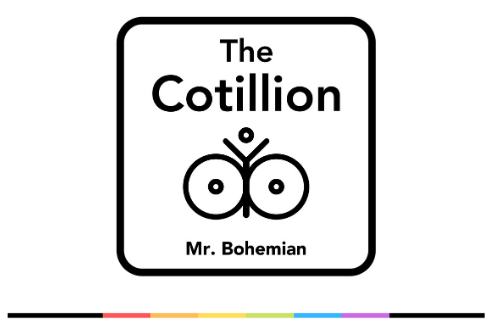“What da H*ck is SEO?”
SEO is an initialism for Search Engine Optimization.
It’s the ability for a search engine, such as Google, Bing, or others, to find web content, then route a searcher to that content. Search engine optimization is traffic optimization, making it a lucrative upkeep for your online presence.
Search engines think in words, for now. Their predictive software guess what the searcher wants with the singular words, fragments, complete sentences, and questions inputted. The search engines’ goals are always to reach the searcher’s key-pecking intent, not bloat their result pages to please advertisers. That’s not the permanent way to earn searcher loyalty for them, or for you.
Not only do search engines scan web content for terms inputted by the searcher, but they appraise these terms within the context of the web content. This is where SEO becomes complex. Appraisal is guided by the virtues of rank and relevance to bring the searcher to the highest quality results:
Relevance is how precisely the search result is to the searcher’s intent, e.g., keywords, author goal. Did you ever search something and find irrelevant results?
Rank is how authoritative the search result is, e.g., traffic popularity to inter-website credibility. Did you ever search something and find lame results?
The best of appraised results are shown first; they are often clicked first by the searcher. Again, rank and relevance award traffic to the best fit for searcher intent.
It all begins with the words you submit online. There is no completely wrong way to write, (well…) as Google will always be trying to decipher and appraise your content. There is, however, a great capacity to capitalize your writing: search engine optimization.
Increasing your SEO is increasing your online butterfly net. SEO is often about teaching webmasters to simply raise their net they never knew they had. It’s not an ancient riddle, but it’s not as easy as a social network post. It’s a job. A web of factors contribute to your web contents’ appraisal.
The following are a few of those factors:
Links from other websites leading to yours increase its credibility.
Keyword density is the frequency of terms that can help search engines decide your primary themes, particularly when choosing between similar pages.
Brute traffic will increase prominence.
Bounce rate builds when people visit your website, then immediately leave.
The time people spend indulging in your web content is an indicator of quality (like you, right now, scrolling for Bob’s content. Google is watching you watch 🖥👀👀).
Creating or tweaking your pages’ titles and descriptions is always a good sign.
Relevant alt-text for overlooked images helps Google think about your images.
It’s simple for Mr. Bohemian to SEO optimize as he writes because he always keeps one eye on SEO grammar. He also proofreads easily for those who did not do the same.
Help Google find you; don’t pay Google for advertisements. Start considering your permanent plan for natural traffic improvements.


